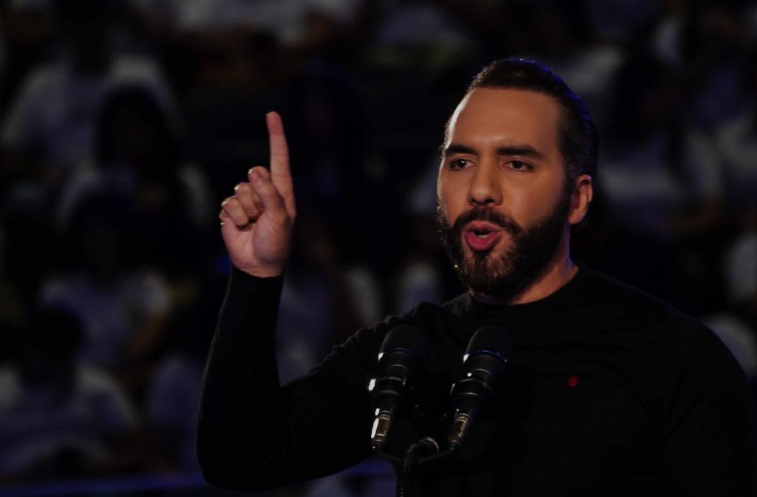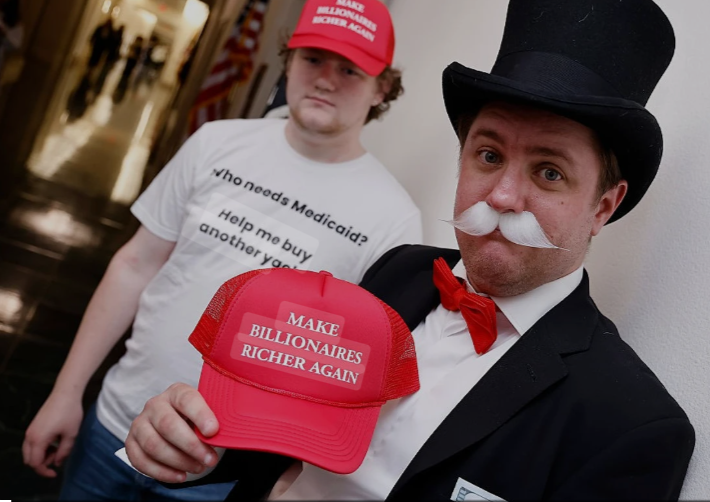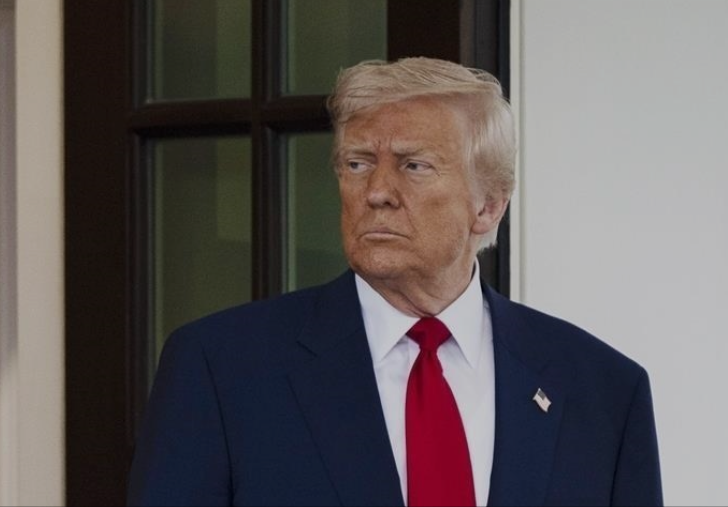In a disturbing escalation against press freedom in Central America, the internationally renowned digital news outlet El Faro reported Monday that Salvadoran President Nayib Bukele’s administration is preparing to issue arrest warrants for at least seven of its journalists. The move comes just days after the publication of a damning interview with two former gang leaders who revealed explosive details about Bukele’s long-running secret pact with criminal organizations—an arrangement that helped bolster the U.S.-backed leader’s rise to power.
According to El Faro, a reliable source within El Salvador’s Attorney General’s Office confirmed that warrants are being prepared, marking what would be the first time in decades that journalists in El Salvador could face criminal prosecution purely for their reporting. This looming crackdown is not only a chilling threat to investigative journalism, but also a direct assault on democratic norms in the region.
The catalyst for this threat was an interview published by El Faro with two ex-leaders of the infamous 18th Street Revolucionarios gang. The former gang members exposed how Bukele’s government secretly negotiated with criminal factions to reduce violence, secure political power, and manipulate public perception by hiding evidence of violent crime—effectively trading justice and transparency for political gain.
One of the gang leaders, known as “Liro Man,” detailed how Bukele’s close ally Carlos Marroquín facilitated his escape to Guatemala. Another, Carlos Cartagena (“Charli”), was arrested in 2022 under the country’s state of emergency but was mysteriously released after a phone call to the police—illustrating the two-tier justice system under Bukele’s rule.
While tens of thousands of Salvadorans were detained en masse—often without due process—these gang leaders received preferential treatment, shielded by the very administration claiming to be tough on crime. The interviews highlighted the duplicitous nature of Bukele’s security agenda, with both former gangsters confirming the existence of a “no body, no crime” policy, under which they were told to hide murder victims to manufacture a decline in the country’s homicide rate.
The gang leaders also revealed that in 2014, Bukele—then affiliated with the FMLN party—benefited from a $250,000 payment to the gangs in exchange for coerced votes in gang-controlled neighborhoods. This campaign support, they claimed, was instrumental in Bukele’s rise from mayor of San Salvador to president.
Bukele, who refers to himself as the “world’s coolest dictator,” responded to the revelations with characteristic defiance. On social media, he accused global media, human rights organizations, and billionaire philanthropist George Soros of undermining the country’s newfound “peace.” His attempt to deflect scrutiny only intensified concerns that his administration is growing more authoritarian by the day.
“The government beats their chests and says, ‘We’re anti-gang, we don’t want this scourge,’” said Liro Man. “But they forgot that they made a deal with us, and you were the first to get this out,” he told El Faro.
Notably, the Trump administration also played a role in silencing witnesses to Bukele’s alleged misconduct. The U.S. deported gang members facing federal charges back to El Salvador, where they were placed in Bukele’s newly constructed mega-prison—eliminating the possibility they could testify in U.S. courts about the gang pact.
International journalists and press freedom advocates have raised alarms. Argentinian journalist Eliezer Budasoff said Sunday, “It’s clear that Bukele wants to silence El Faro because they’re shattering the myths of his administration—simply with more journalism.”
The threats against El Faro follow a long campaign of harassment, which includes false accusations of money laundering and tax evasion, banning reporters from press briefings, and even the use of Pegasus spyware to surveil journalists’ phones.
Despite these challenges, El Faro has remained resolute. In a 2022 editorial, the outlet’s leadership wrote:
“Every citizen must decide for themselves whether they want to be informed, or whether they prefer the blind loyalty this administration has demanded of its supporters since its first day in power. We don’t have that choice. Our job is to report. We can’t change the news, and we never will.”
As Bukele continues consolidating power with the help of allies like Donald Trump and Elon Musk, his war on transparency, accountability, and the free press grows more dangerous by the day. The world must watch closely and stand in solidarity with the journalists of El Faro—before the lights go out on truth in El Salvador.



